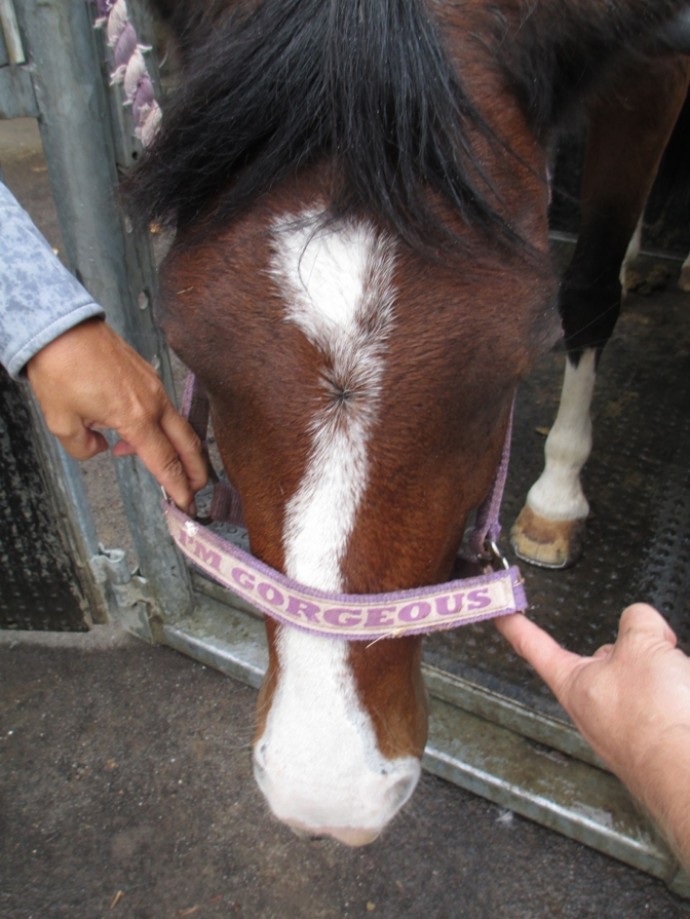Over 20 Years

Recommendation: This age group of horses should be seen every six months to allow early detection of problems and maintain good oral hygiene.
Dentally, this group of horses is beginning to reach the end of their reserve crown. They often have concurrent diseases that affect them such as cushings (hyper adrenocortiscism) and can have difficulty maintaining weight just like elderly people. So their diet, dental care and management of other diseases must be of the highest standard to ensure a long happy life.
They begin to lose the enamel from their cheek teeth commonly referred to as cupping and as a result these teeth are more fragile and must be treated carefully. Because the teeth lack enamel they are now softer and wear quickly again.
Some horses that have not had early diagnosis and treatment of periodontal disease may need to have teeth extracted. Early detection could have prolonged the longevity of these teeth and with it the longevity of the horse. The bacteria associated with periodontal disease also enter the bloodstream and travel through the vital organs. This can lead to serious illness affecting the heart, lungs, liver and kidneys; horses may need antibiotic therapy to help fight this disease.


